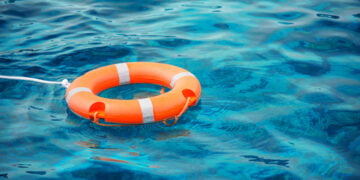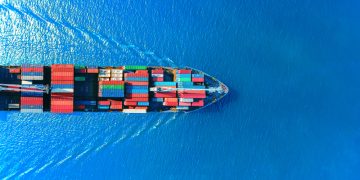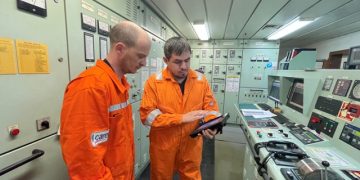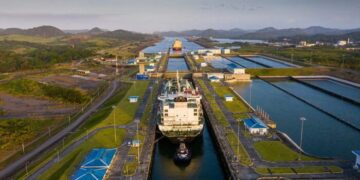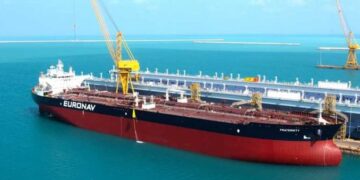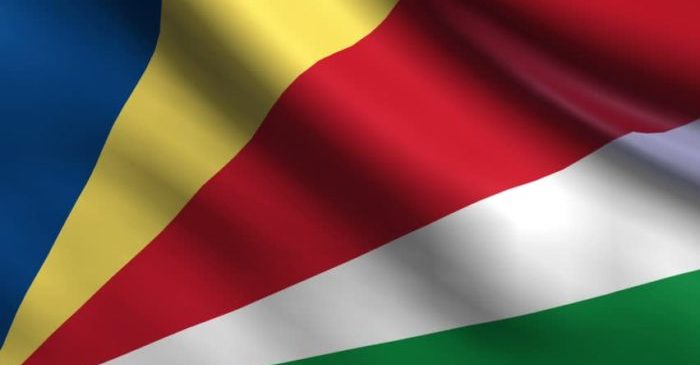BBC reports from Seychelles, where a fisherman’s project funded by a pioneering marine conservation plan aims to to protect the oceans; the country’s main income resource, while balancing the demands of people’s livelihoods and what’s better for the environment.
In fact, Mr. Green, who had been fishing in his local bay for many years, has now set up a project together with some other fishermen in the area with the aims to voluntarily stop fishing in the area for six months of the year, hoping that this will allow fish stocks to replenish. He quotes to BBC that
If as fishermen, we do not take responsibility for our fish stocks, who’s going to do it? If we don’t start somewhere then in the future, we’re going to be very hard pused to find fish to feed our children.
It is said that in the first deal of its kind, the country swapped 5% of its national debt for a cash injection to fight the effects of climate change on the ocean. In return, it promised to protect 30% of its national waters.
It is further reported that the country is trying to defend its greatest resource, the sea; as human activity within protected areas will have to be severely restricted, not only for fishing, but for tourism as well; policing the Indian Ocean will fall to the country’s coastguard. In addition, the air force will be using their unique vantage point to further support the objective.
[smlsubform prepend=”GET THE SAFETY4SEA IN YOUR INBOX!” showname=false emailtxt=”” emailholder=”Enter your email address” showsubmit=true submittxt=”Submit” jsthanks=false thankyou=”Thank you for subscribing to our mailing list”]
In February 2018, the Government of Seychelles announced the creation of two new areas for marine protection covering 16% (210,000 square km) of its ocean. These marine protections were the first milestone in creating a Seychelles Marine Spatial Plan that would cover the second-largest area of ocean in the world (after one in Norway), and was the first Marine Spatial Plan in the Indian Ocean.
The Plan followed a February 2016 “debt-for-conservation” deal that Seychelles signed with The Nature Conservancy, raising funding to buy $21 million of Seychelles’ sovereign debt to refinance it, and then direct a portion of repayments to fund climate change adaptation and marine conservation projects.
Partners involved included The Nature Conservancy, The Global Environment Facility, the UN Development Programme, as well as Seychelles’ Conservation and Climate Adaptation Trust (SeyCCAT) and a number of private funders.
Supporters of the initiative were also Seychelles’ citizens, experts, scientists, conservationists, policy consultants, fisheries businesses, tourism operators, oil and gas geologists, coast guard and public utilities, who took part in more than 100 consultations to inform the design and location of the marine protections and develop allowable activities and management considerations for the two new areas.
While other countries are also negotiating deals with the The Nature Conservancy in order to protect their oceans, Wallace Cosgrow, the Seychelles’ environment minister, says that
We want to lead by example and show the world that it can be done. The resources in small island countries are not always available for conservation for example. So, we’re looking at innovative ways to raise financing to support the environment.
In March, the Ocean Health Index (OHI) has ranked Seychelles first in Africa after the latest global assessment of ocean health. Seychelles were on the 33rd place amongst 22 countries and territories.
The first place was thought to be a milestone for the archipelago after one of its most popular beaches – Beau Vallon – was awarded in last September the White Flag by White Flag International, indicating that the zone is one among the world’s first Certified Safe Marine Areas, according to Seychelles News Agency. Environmentalists in Seychelles then reported that the island nation’ strong conservation practices have resulted in the ranking with a score of 77 out of 100.
Then, in comparison to Seychelles first place ranking, Philippe Michaud, advisor for the Blue Economy, reported that there were additional areas that need to be improved, as pollution, overfishing and fishing of endangered species.








